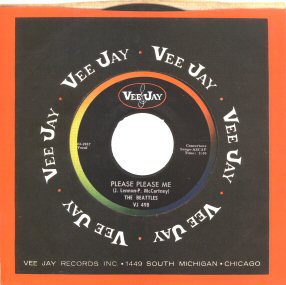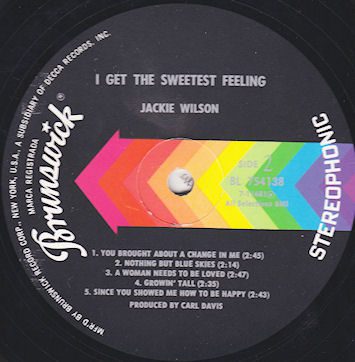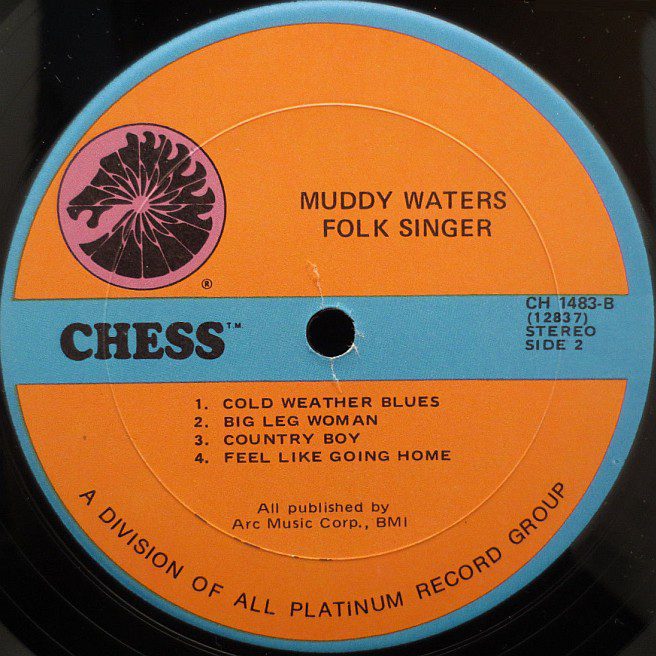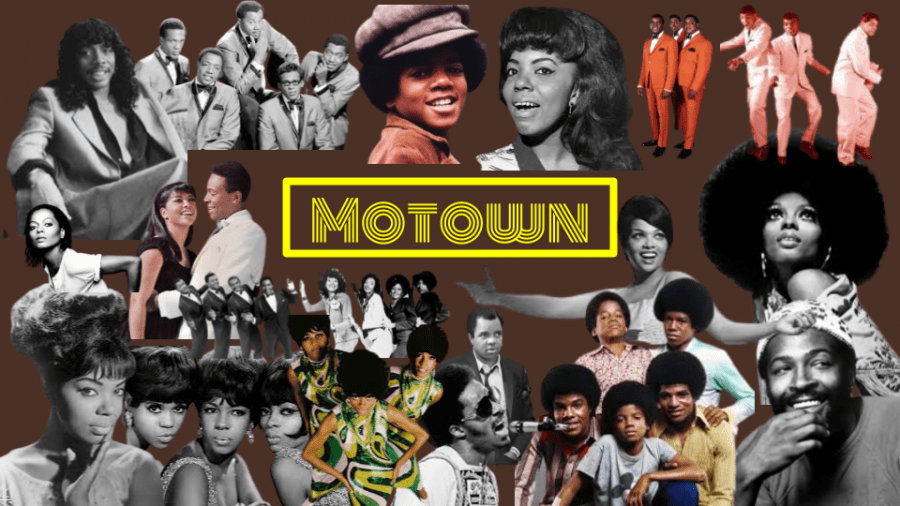
What is Commodification?
Commodification is the act or process of taking something without any economic value and turning it into an object of commodity. This creates the object to be new of trade or value.
Relation between commodification and music?
Commodification of music is the creation of music for the single purpose of profit of money and not necessarily art or uniqueness.
Negro Spirituals Being the Start
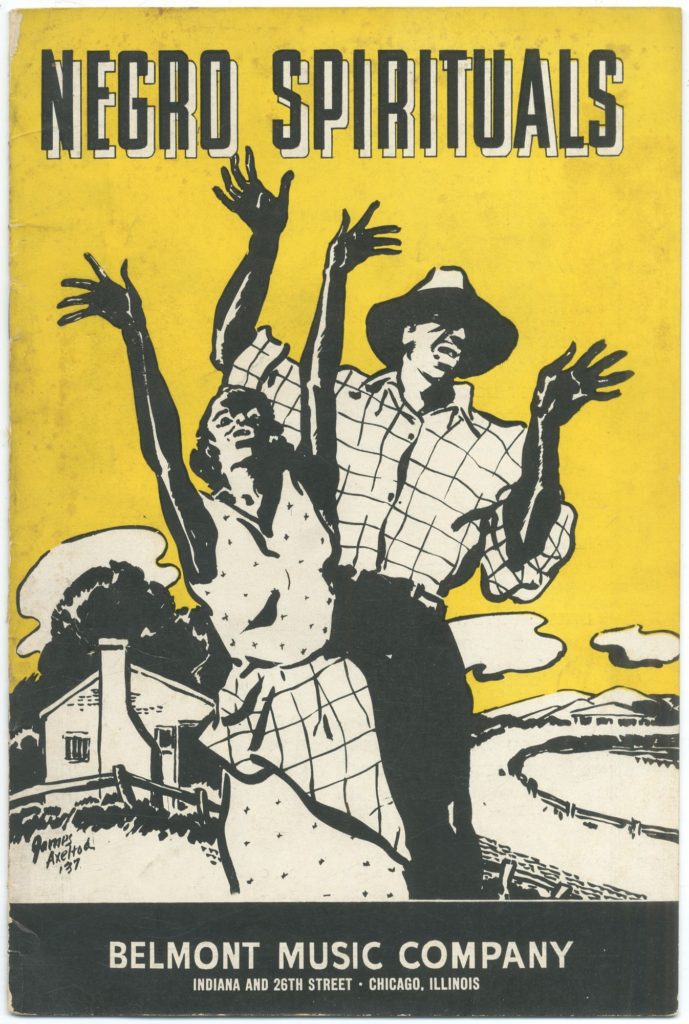
Enslaved Africans used singing as a “get away” to express their prolonged pain, religious beliefs and values, and worship. These spirituals allowed them to escape the daily and unjust brutalization and slavery. These negro spirituals were introduced during slavery were the first marks of commodification.
White Americans and the enslavers, were captivated by the unique sound of the spirituals. The expression and communication of emotions while singing in a tune and sound that was completely new to them was something worth taking. Due to being mesmerized by these spirituals, William Francis Allen transcribed the spirituals into a sound book that he sold to other White Americans for profit.
The Jubilee Quartet
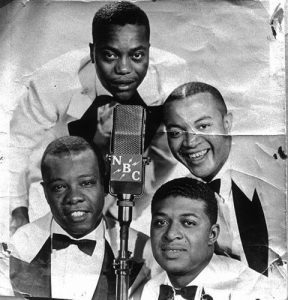
The Quartets had a difficult time receiving recognition. Their music style was often imitated and sold by White Americans. Commodification of the Quartets persisted through use of the radio and film. Minstrel shows were used against the Quartets to insult and demean African American music and dancing. That was the only time Black were recognized for their arts.
White Men and Their Greed
In the 1950s, Black artists became very prominent and popular in the music industry. Record labels began to sign Black artists with the purpose of income. These record labels specialized in blues, Jazz, and R&B. Record Row was the start of this.
Labels that were apart of record row were:
Examples of commodification
Cadillac Records
The film Cadillac Records is a based on the commodification of music in relation to Chess Records. White American groups would steal and use the sound of Black artists; there would be no credit or profit given to the black artists.
Jazz
Jazz music became known for its unique, lively sound.
Black jazz records were released, but white artists were covering them. This caused lots of attention and royalties to go to the white artists and not the Black creators.
Paul Whiteman, a white jazz musician, was named the “King of Jazz” in the 1920s and made millions of dollars. White America’s music business used jazz, a Black art form, and failed to compensate Black artists responsible for introducing jazz.
Commodification Today
Commodification is more present in the genre of Hip-Hop; White people continue to exploit this. Social media and music streaming services have played a crucial role in commodification in both positive and negative ways. Music is much more accessible than it has been back then. Artists are easily imitating other artists music style without any credit or recognition, but due to social media its very hard for the truth not to come out, which is not like the older days. But social media has also created a platform for songs to be exploited and imitated.

